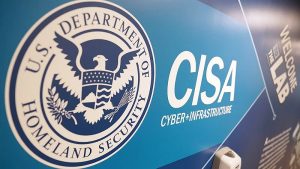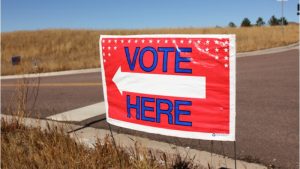The City of Seattle has rolled out a new technology survey to gain insight into where funds are needed to close the digital divide.
The Arkansas Department of Transformation and Shared Services (TSS) Division of Information Systems (DIS) has named Robert McGough as the state’s new chief data officer (CDO).
New York has launched a new online screening tool that will help working families access child care throughout the state, Gov. Kathy Hochul recently announced.
The Cybersecurity and Infrastructure Security Agency (CISA) announced on Monday its new Ransomware Vulnerability Warning Pilot (RVWP) to warn critical infrastructure entities of vulnerabilities commonly associated with known ransomware exploitation.
Georgia Secretary of State Brad Raffensperger announced that his office has launched the new Georgia Registered Voter Information System (GARViS).
The Federal Communications Commission (FCC) announced that it is targeting roughly $66 million of funding through the Affordable Connectivity Outreach Grant Program to increase awareness and enrollment in the broadband affordability program.
A new report from the Information Technology and Innovation Foundation (ITIF) think tank argues that local governments need to balance the interests of innovation and privacy when adopting new smart-cities technologies.
As part of the $2 billion Smart Schools Bond Act, New York has approved $31.4 million in funding for 61 Smart Schools Investment Plans.
The Cybersecurity and Infrastructure Security Agency (CISA) and Girl Scouts of the USA (GSUSA) announced they will collaborate to bring more women into the cybersecurity workforce to bridge the gender gap.
The Education Department has announced five finalists in the Future Finder Challenge, a $1 million challenge to reimagine career navigation for adult learners.













